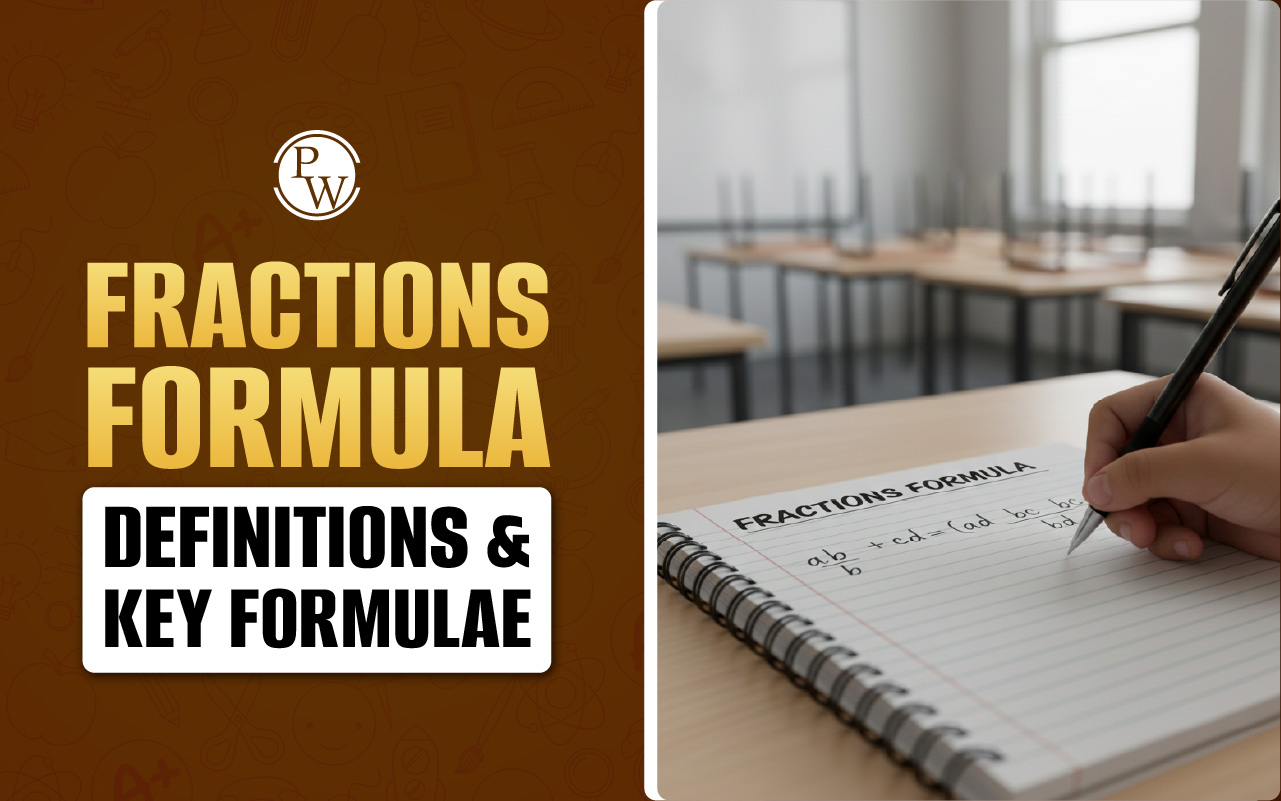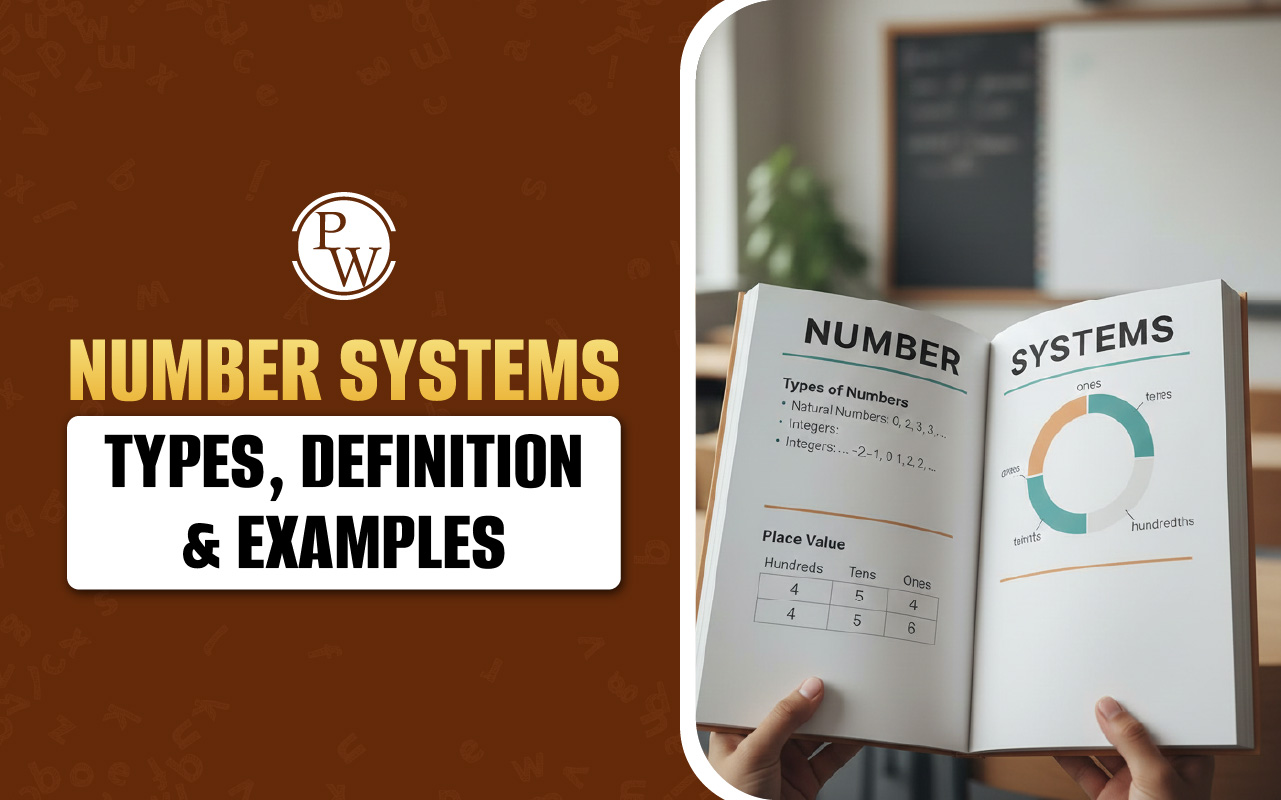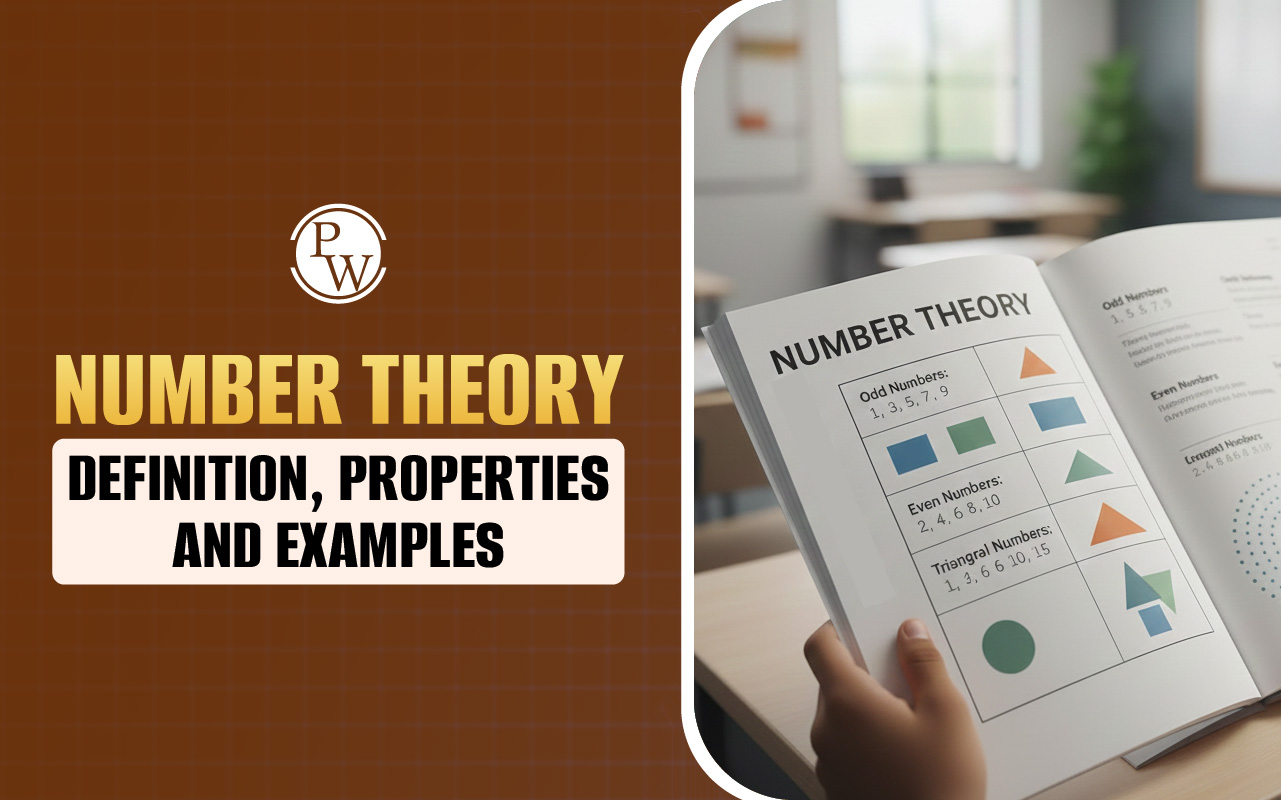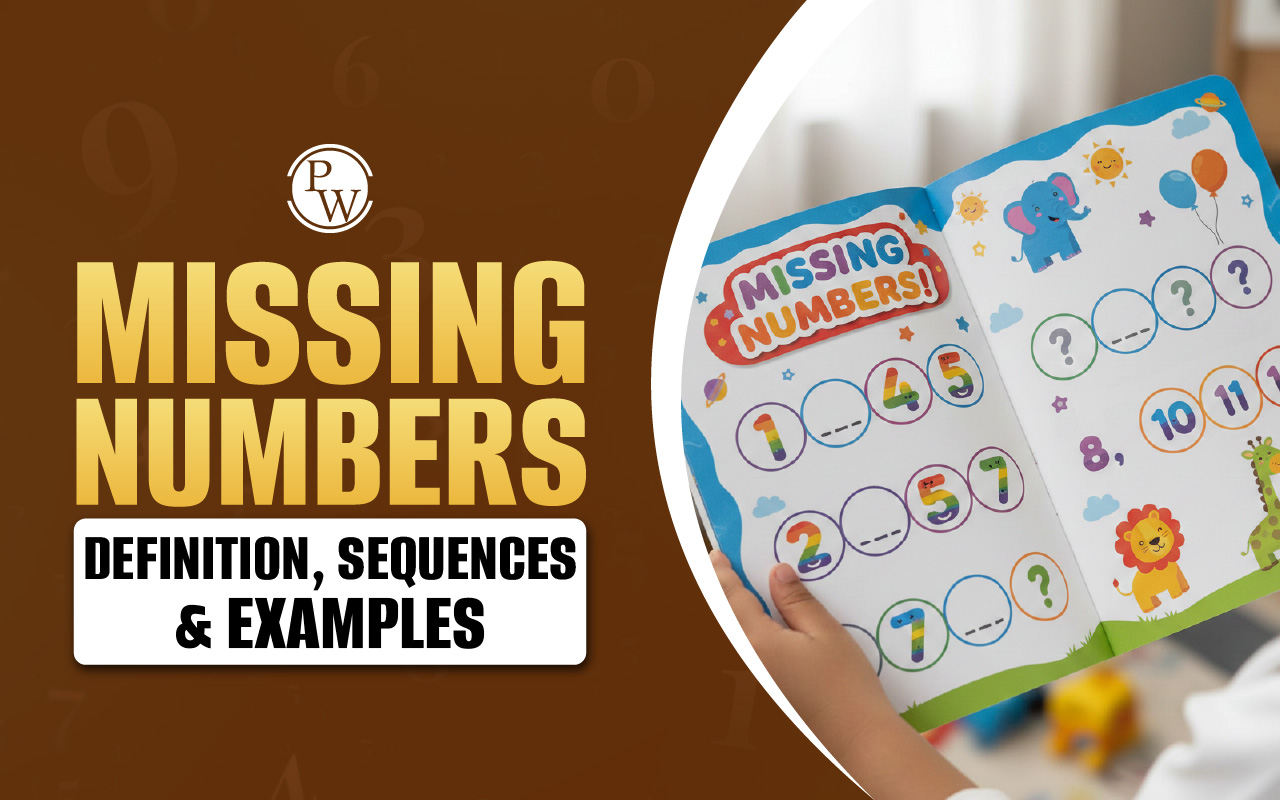
Determiners are the words that bring clarity to sentences. They appear before nouns and tell us whether we are talking about something specific, about quantity, or about ownership. Here, we will discuss the rules of determiners and the difference between determiners and adjectives. This will help students strengthen their grammar skills and express ideas more confidently in both writing and speaking.
What Does a Determiner Do?
A determiner helps to clarify the meaning of a noun by adding information such as which one, how many, or whose it is. It gives context that allows the listener or reader to understand exactly what is being referred to.
Examples:
-
The book is new. → Points to a specific book.
-
Some people were late. → Indicates an unspecified number of people.
-
Her jacket is red. → Shows that the jacket belongs to someone.
Without determiners, sentences can sound incomplete or confusing. For example, saying “I saw movie” lacks clarity and feels awkward. The correct version would be either “I saw a movie” (any movie) or “I saw the movie” (a specific one).
Also read: Subject and Predicate - Definition With Examples
Determiners vs. Adjectives
Determiners come before nouns to point them out. They tell us which one, how many, or who it belongs to. Examples are, this book, my pen, two chairs, some water. Without a determiner, a sentence often sounds wrong.
Adjectives also come before nouns, but they describe them. They tell us colour, size, age, or quality. Examples are red car, tall building, happy child, old house. If you remove an adjective, the sentence still makes sense.
Example: Those red apples are fresh.
-
The word ‘those’ is the determiner because it shows which apples.
-
The word ‘red’ is the adjective because it describes the colour of apples.
In short, determiners point to the noun, while adjectives describe the noun.
Also read: Action Words in English - Definition & Examples
Types of Determiners
Determiners appear in different forms, and each has a specific role in giving nouns clarity and meaning. Let’s look at the main types of determiners in English Grammar with examples.
Articles
Articles are determiners that indicate whether a noun is specific or general.
-
Definite article ( the): It refers to a specific noun that is known to both the speaker and the listener.
-
Indefinite articles (a, an): These articles refer to non-specific nouns that are being introduced for the first time.
Examples:
-
The sun is shining.
-
I saw a cat in the garden.
-
She bought an apple.
Demonstrative Determiners
Demonstrative determiners indicate the location of a noun in relation to the speaker and whether it is singular or plural.
Words: this, that, these, those
Examples:
-
This chair is broken.
-
I don’t like those shoes.
-
Let’s go to that restaurant again.
Possessive Determiners
Possessive determiners indicate ownership or association with someone or something.
Words: my, your, his, her, its, our, their
Examples:
-
My brother is a doctor.
-
Where is your bag?
-
They sold their house.
Note: The word ‘whose’ also functions as a possessive determiner in questions.
Whose notebook is this?
Quantifiers
Quantifiers express the quantity or amount of a noun. They can be used with countable or uncountable nouns.
-
Countable nouns: many, few, several
-
Uncountable nouns: much, little
Used with both types: some, any, enough, all, no
Examples:
-
She has many friends.
-
Some students are absent today.
-
Is there any milk left?
-
Much sugar is harmful to health.
Also read: Distributive Determiners
Distributive determiners refer to members of a group individually or collectively.
Words: each, every, either, neither, both, all
Examples:
-
Each student must submit the form.
-
Both cars were damaged in the accident.
-
Neither option is acceptable.
Interrogative Determiners
These determiners are used to ask questions about nouns and are followed directly by a noun.
Words: what, which, whose
Examples:
-
What book are you reading?
-
Which subject do you prefer?
-
Whose coat is this?
These are different from interrogative pronouns, which can stand alone. Interrogative determiners must precede a noun.
Also read: What Is an Optative Sentence?
Relative Determiners
Relative determiners introduce relative clauses and refer back to a noun mentioned earlier. They help connect additional information to the noun.
Words: whose, which, what, whichever, whatever
Examples:
-
Take whichever seat is available.
-
Choose whatever topic interests you the most for your essay.
-
She picked the option which seemed easiest to complete..
Numeral Determiners
Numerals can function as determiners when they specify the number or order of nouns.
-
Cardinal numbers: one, two, three, etc.
-
Ordinal numbers: first, second, third, etc.
Examples:
-
She ate three cookies.
-
This is the second time I have told you.
Also read: English Speech Topics for Students
Rules for Using Determiners
d. Below are key rules for using determiners properly, along with examples to show how each rule works.
Rule 1: Determiners Come Before Nouns
A determiner is placed before the noun it modifies. If adjectives are also present, the determiner comes first, followed by the adjective, and then the noun.
Correct: A red car
Incorrect: Red a car
In the correct version, the word “a” introduces the noun, and “red” adds descriptive detail.
Rule 2: Only One Central Determiner
A noun should not be introduced by more than one central determiner. These determiners include words such as a, an, the, my, your, his, her, this, that, our, their. These determiners cannot be combined directly with one another before the same noun.
Correct: Her book
Incorrect: The her book
Using both “the” and “her” together creates a conflict in structure. Choose one determiner to introduce the noun.
Rule 3: Word Order Must Be Maintained
When several words are used before a noun, they should follow a specific order to avoid confusion. This order is:
Quantifier or Distributive → Article → Possessive → Adjective → Noun
Incorrect: All the my new books
Correct: All my new books
In the correct sentence, “all” (a quantifier) comes first, followed by “my” (a possessive determiner), then “new” (an adjective), and finally the noun “books.”
Rule 4: Use Determiners That Match the Noun Type
Some determiners are used only with countable nouns, while others are used only with uncountable nouns. Using the wrong determiner with a noun can make a sentence grammatically incorrect. Understanding the distinction between these two types of nouns is necessary for proper usage.
Countable nouns are things we can count one by one. They have both singular and plural forms, such as books, chairs, students, apples.
-
Correct: Many students participated in the seminar.
-
Correct: A few chairs are available.
-
Correct: Each question must be answered.
Incorrect: Much students participated in the seminar. ✗ (much cannot be used with countable nouns)
Uncountable Nouns
Uncountable nouns are things we cannot count individually. They do not usually have a plural form, such as water, sugar, information, or advice.
-
Correct: Much time was spent on research.
-
Correct: Little sugar is left in the jar.
-
Correct: She gave me a bit of advice.
-
Incorrect: Many sugar was needed for the recipe. ✗ (many cannot be used with uncountable nouns)
Also read: Types of Word Formation with Examples
Enhance Your Child's English Skills With CuriousJr
Is your child able to understand English but still hesitates to speak or struggles with writing? Many children face this challenge, and it often comes from weak grammar, a small vocabulary, or a lack of confidence. At CuriousJr, we make English learning fun, interactive, and easy to follow.
Our English online classes cover grammar, reading, writing, speaking, and pronunciation in a way that feels less like study and more like discovery. Children practise directly with teachers in live sessions, play language-building games, try creative writing, and take part in speaking tasks that boost fluency.
Parents receive regular updates, so you can see progress every step of the way. With CuriousJr, your child does not just learn English, they enjoy it and gain the confidence to use it every day. Book a demo class today and watch the transformation begin.








